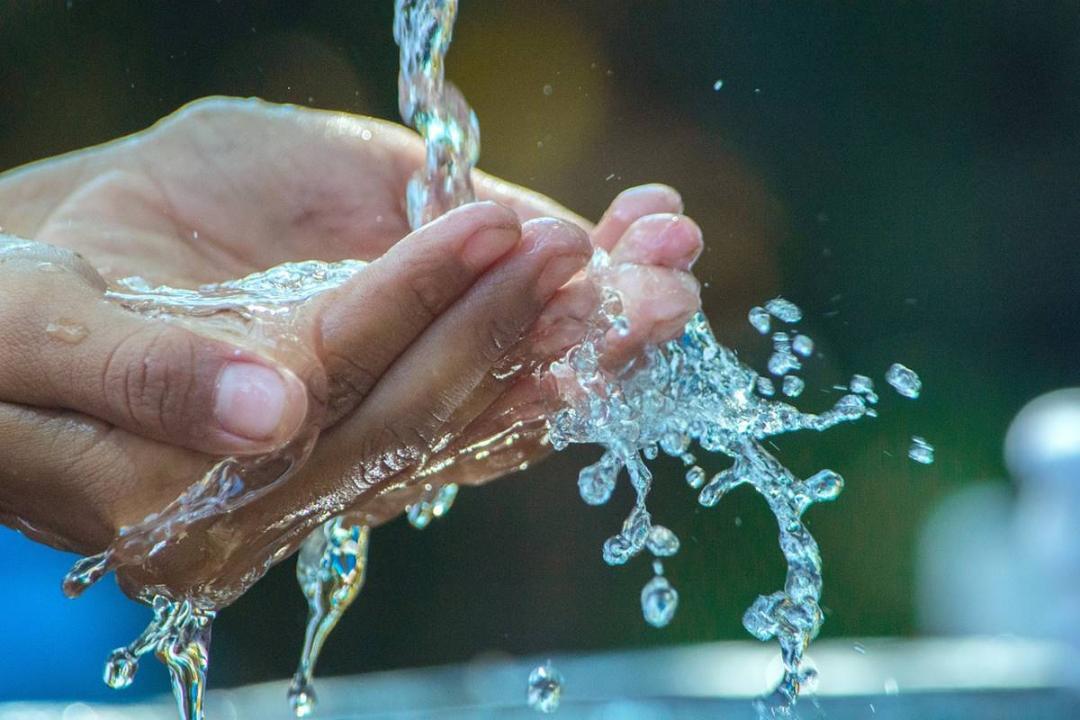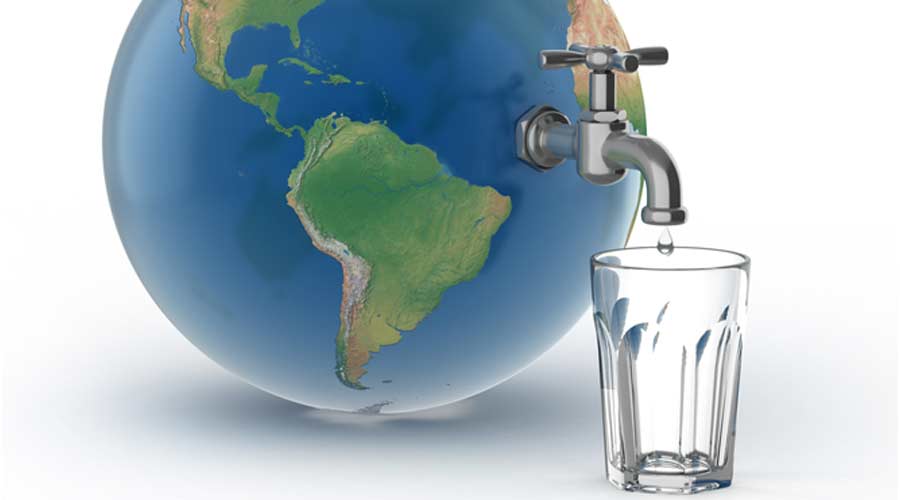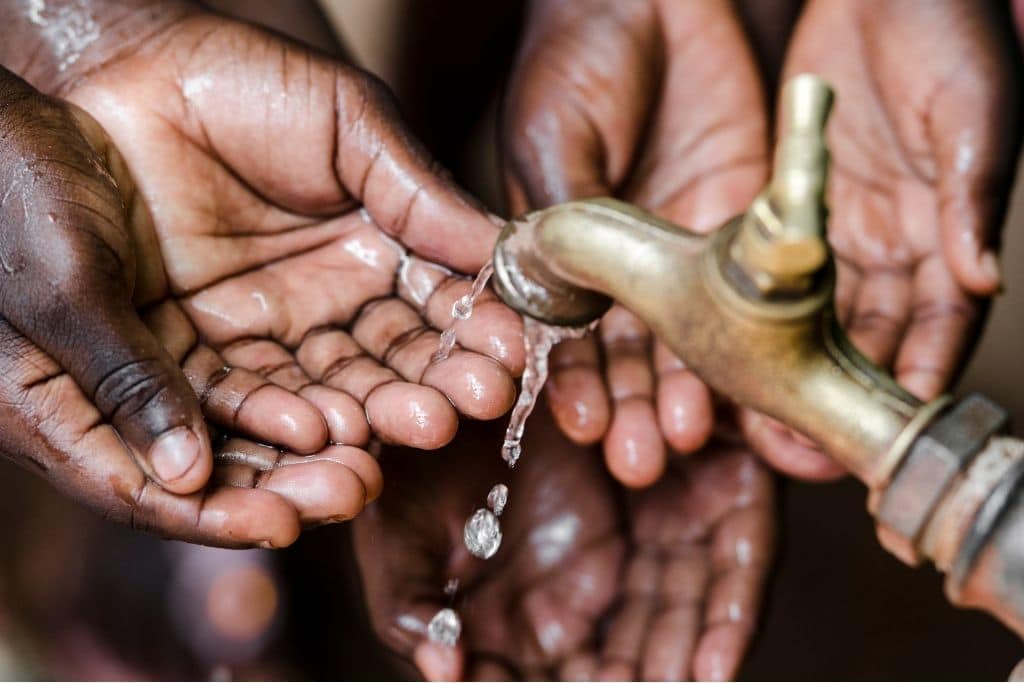Two Indian Companies Addressing The Water Crisis Have Received $3 Million From A Fund Supported By Google.
Google believes that by combining technology, creativity, and community experience, it can make significant progress in tackling some of the most critical and complicated concerns. One of these is undoubtedly lead pollution in drinking water.

The Google-supported APAC Sustainability Seed Fund has chosen Gujarat Mahila Housing Sewa Trust and Villgro Innovation Foundation to investigate novel use cases for IoT (Internet of Things), the great AI (Artificial Intelligence), and ML (machine learning) to address challenges of severe water shortages and excessive floods throughout India.

The Asia-Pacific area, particularly its low-lying and tiny island countries, is exceptionally vulnerable to climate change’s severe effects, such as extreme precipitation events, heat waves, rising sea levels, and biodiversity loss. The vulnerability of India to harmful climate impacts is a major worry for all of us, and there is an urgent demand to support all efforts to combat dangers.
According to Sanjay Gupta, Country Head and Vice President of Google, Google is pleased that two prominent Indian organisations are working to address the severe water-related challenges that the country may face as an outcome of increasing global temperatures and that the grant from Google.org to AVPN is enabling them as they develop transformational and innovative solutions.
Gujarat Mahila Housing Sewa Trust will utilise their portion of the cash to create AI-enabled models to map the area surrounding Amalner, Maharashtra, in order to anticipate floods. Mahila Housing Sewa Trust’s goal is to create an AI-enabled model for flood resilience in smaller cities in India that focuses on the requirements of low-income women. According to Bharati Bhonsale, Programme Manager, Gujarat Mahila Housing Sewa Trust, this will serve as an archetype for over 310 fast-urbanising small towns in India. It would help India meet SDG objectives for sustainable cities and communities, decreasing disaster economic losses in relation to global GDP by 2030.

Meanwhile, Villgro Innovation Foundation will support its collaboration with CultYvate to create mobile and browser-based solutions for farmers to improve irrigation management and water saving. Villgro also intends to consolidate the results of its water conservation activities and the related carbon aversion so that farmers may enter carbon markets and discover alternate money streams.
They intend to provide this technology to 1000s, and eventually, 100,000s, of smallholder farmers, allowing them to rethink paddy agriculture. They are eager to collect these results on water and the related carbon version in order to allow these farmers access to carbon markets. The cash generated through credits would subsidise the cost of technology adoption and incentivise these farmers and others to join us in growing food more sustainably in India, according to Maithili Rege, Associate Lead – Agriculture, Villgro Innovation Foundation.
The Asian Venture Philanthropy Network (AVPN), the region’s largest social investment network, has chosen 13 local sustainability groups to receive funding from the APAC Sustainability Seed Fund. The fund is financed by Google’s philanthropy arm and the Asian Development Bank (ADB). The fund’s goal is to help local groups create new technology-based solutions for sustainable practices and addressing the consequences of climate change in Asia-Pacific, like heat waves, increasing sea levels, and biodiversity loss.
Apart from Gujarat Mahila Housing Sewa Trust and Villgro Innovation Foundation. The other 11 NGOs selected for the grand were the following.
- Alam Sehat Lestari.
- Azure Alliance.
- Border Green Energy Team Foundation.
- Coalition for Our Common Future.
- Engineering Good.
- Institute for Global Environmental Strategies.
- Ocean Recovery Alliance.
- TGECA.
- Uncharted Waters Ltd.
- Water Stewardship Asia Pacific.
- Yayasan Solar Chapter Indonesia.

Why has Google extended its arms to water-saving projects?
The current climate catastrophe necessitates immediate action and novel ideas to assist local populations in adapting to and mitigating dangers. Google believes that by combining technology, creativity, and community experience, they can make significant progress in tackling some of the most important and complicated concerns. One of these is undoubtedly lead pollution in drinking water.
Proofread & Published By Naveenika Chauhan




